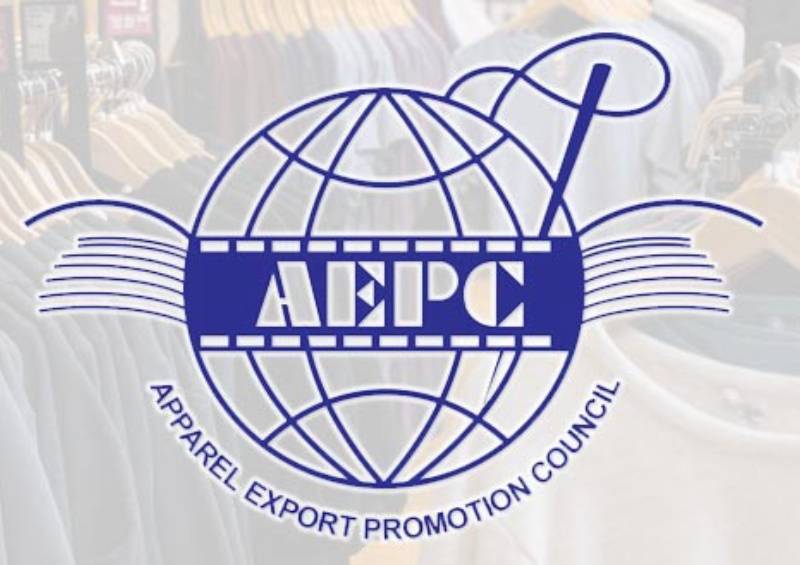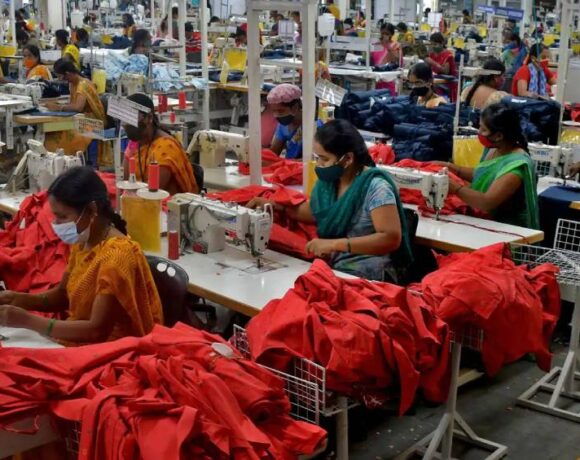AEPC Outlines Key Demands For Union Budget 2024 To Boost Apparel Industry

The Apparel Export Promotion Council (AEPC), India’s apex body for promoting garment exports, has presented several key demands for the Union Budget 2024 to enhance the country’s textile and apparel sector.
Sudhir Sekhri, Chairman of AEPC, emphasized India’s potential in the global textiles and apparel market, stating, “India is poised to become a significant player in the global textile sector. A long-term policy for garment industry schemes will provide stability and boost garment exports.” One of AEPC’s top priorities is a 5% rate under the Interest Equalization Scheme for exporters, proposed for a minimum of 5 years.
Mithileshwar Thakur, Secretary General of AEPC, highlighted the sector’s role in employment and women’s empowerment: “The apparel sector needs strong government support to unlock its potential for generating jobs and driving socio-economic change.”
Key recommendations from AEPC for the upcoming budget include:
- Increase Interest Equalization Scheme Rate: Raise the rate to 5% for all apparel exporters for 5 years to enhance international competitiveness.
- Expand IGCR Rules Coverage: Include all trimmings and embellishments under Import of Goods at Concessional Rates of Duty Rules (IGCR) and extend the utilization timeframe to 1 year.
- Courier Shipments Duty-Free: Allow duty-free benefits for trimmings and embellishments shipped via courier under IGCR.
- Reduce Custom Duty on Machinery: Lower custom duty on high-end textile machinery to zero percent for three years to encourage technology upgrades. Implement a high tariff wall thereafter to promote domestic investment.
- Uniform GST Rates: Implement a uniform GST rate of 5% across the entire value chain (fibre, yarn, fabric, and garments) to address the current inverted tax structure and ease working capital issues.
- Subsidized Loans for Green Investments: Provide subsidized loans to readymade garment manufacturers using organic, locally sourced inputs and investing in green technologies.
- Incentivize Traceability: Reward factories that implement traceability initiatives in their raw material supply chains.
- Relocation Compensation: Offer compensation to companies relocating to hinterlands from industrial complexes and cities.
- Direct Tax Concessions: Grant tax concessions to apparel manufacturers adhering to ESG and international quality norms.
- Budgetary Support for Branding: Allocate funds for the branding and marketing of Made in India products.
AEPC’s proposals aim to address key challenges in the apparel industry, boost competitiveness, and support sustainable growth.














